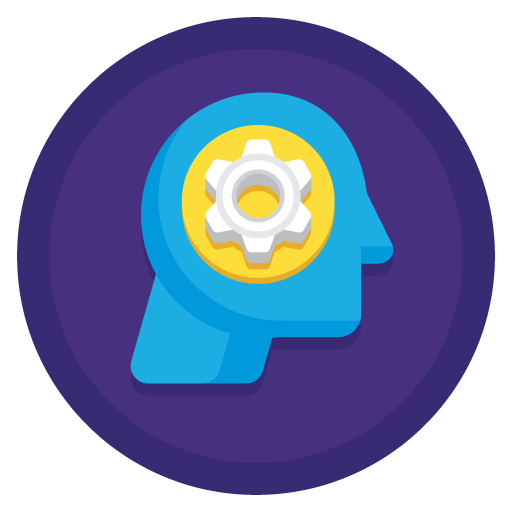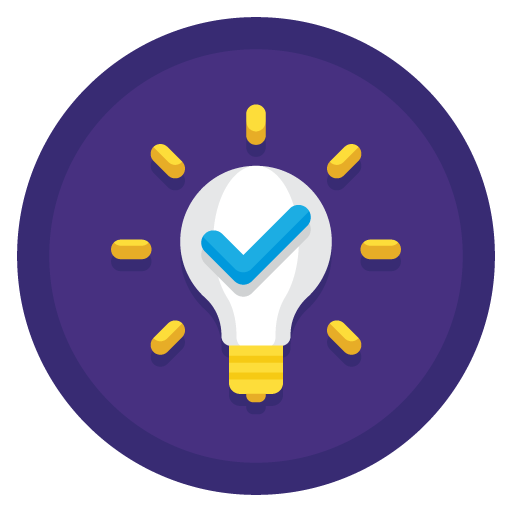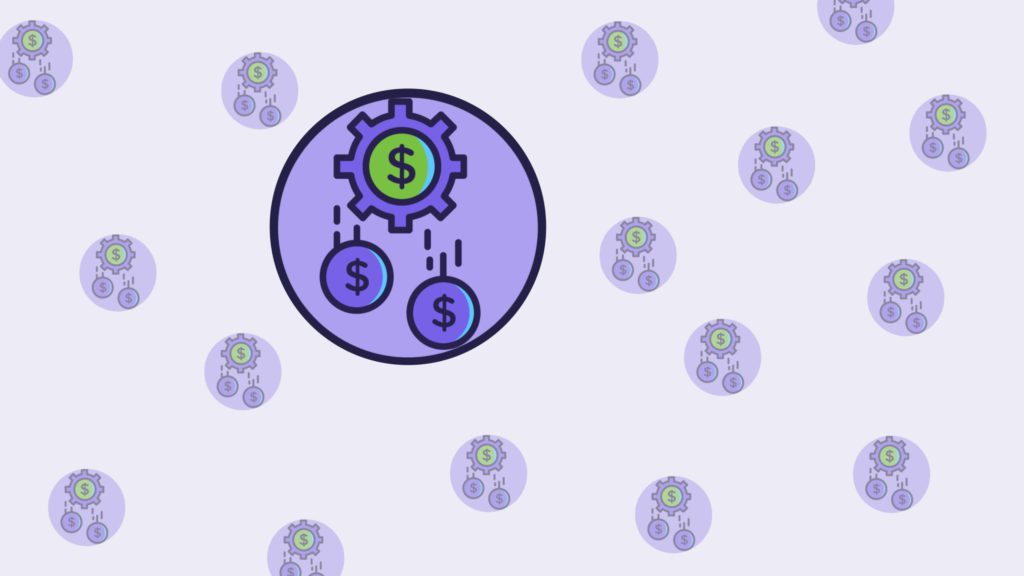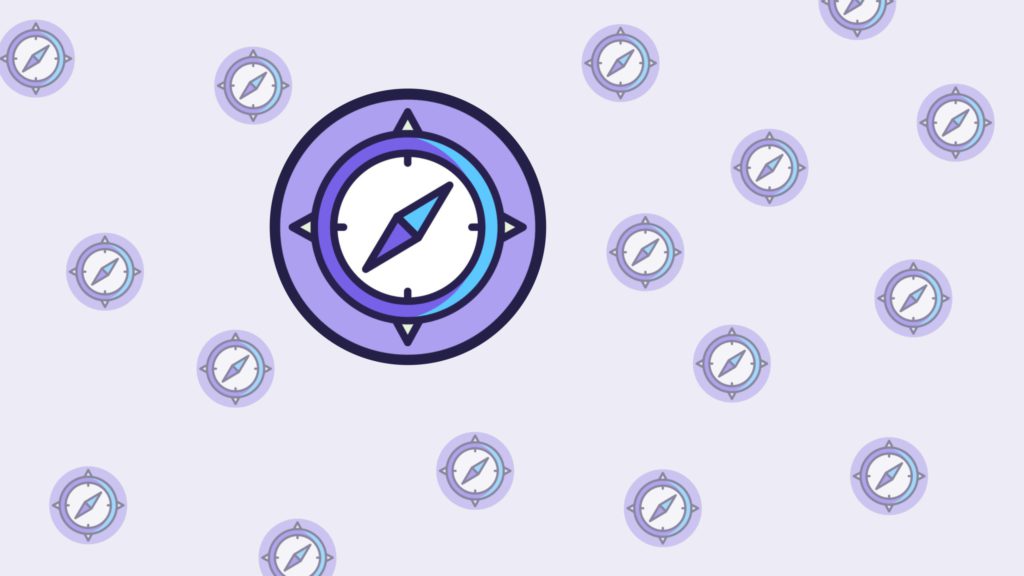Skills: Diplomacy/Tact
Diplomacy/Tact
Effectively handling difficult or sensitive situations concerning others.
- Maintains good relationships with others through fair treatment and respect.
- Respects diversity in race, national origin, religion, gender, lifestyle, age, and disability.

About Skills
The type of skills on the Indigo Report are soft skills, also called 21st Century Skills. Soft skills are based on experience and relate to how you interact with others and personal qualities that you bring to a team. The good news is that skills are just strengths you can learn. While some skills may come more naturally to you, it is possible to learn any skill.
Watch more skills videos here: indigoeducationcompany.com/indigo-skills-videos/
Skills: Diplomacy/Tact Read More »














